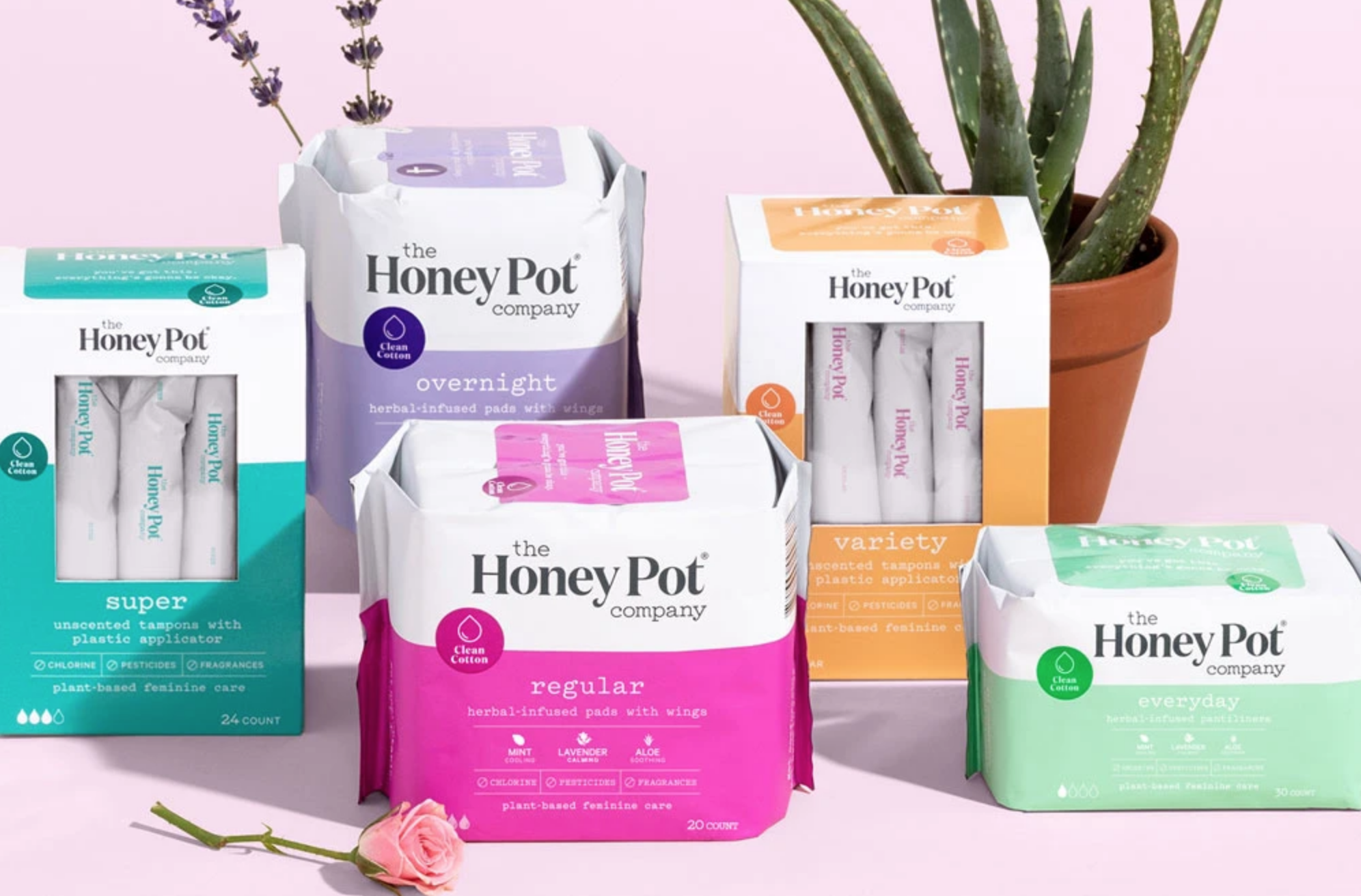
Why is it a crime for Black women to love themselves and create space for those coming behind them?
On February 4, 2020, Target rolled out an ad in support of Honey Pot, a Black owned feminine hygiene brand. At the clip’s end, the founder of Honey Pot, Beatrice Dixon, remarked that the product was important to her because it would enable the next innovative Black girl to pursue her own ideas.
“The reason why it’s so important for Honey Pot to do well, is so the next Black girl that comes up with a great idea, she could have a better opportunity. That means a lot to me,” Dixon said. Seems encouraging, right?
But that’s not how some took it.
Reviews for the products rolled in on Trustpilot, a site used to rate and offer commentary on a variety of products. “Terrible product,” wrote one reviewer, while another one read, “This really puts the poo in shampoo…I will never buy this brand again! Terrible!”
It’s likely that the people submitting these brief write ups have never tried Honey Pot, and are retaliating out of spite.
What’s important is the fact that Dixon was not being exclusionary, but instead was trying to uplift young Black girls. This simple, yet revolutionary act, was enough to threaten white fragility.
The primary issue here is the willful lack of understanding about what racism actually is. Racism is not supporting the next generation of businesswomen. Racism is putting laws in place so that Black people can not legally learn to read and are therefore disadvantaged when it comes to running a business in the future. It’s beating beloved Black businessmen to death because they were outselling white storeowners. Actual racist practices are not limited to history, either.
Black people are still heavily critiqued, and punished, for their natural hairstyles in the work place. In 2016, the Supreme Court ruled that it was not unconstitutional to ban employees from wearing dreadlocks. Furthermore, data from 2019 revealed that Black women earn $0.61 for every dollar that their white, non-Latinx male counterparts receive.
So while white people may feel left out because Dixon specifically mentioned Black girls, they must take into consideration the violent history that Black business owners have experienced at their hand. It is not wrong for Black women to use our platforms to create space for future businesswomen, and it’s sad, but not surprising, that Dixon’s intentions were misconstrued.
Photo credit: Honey Pot